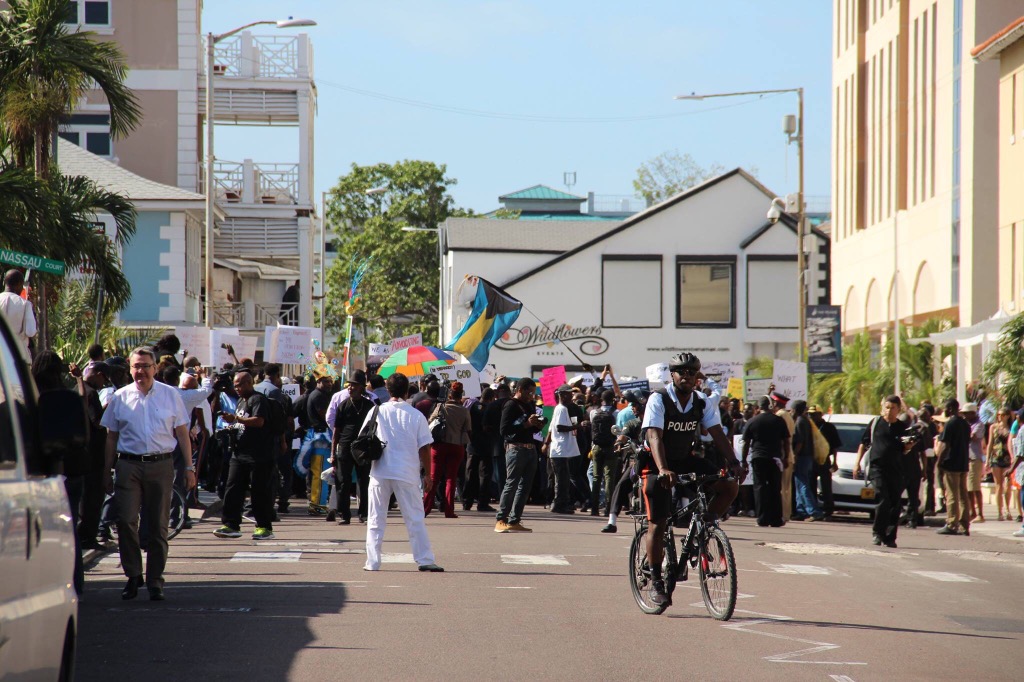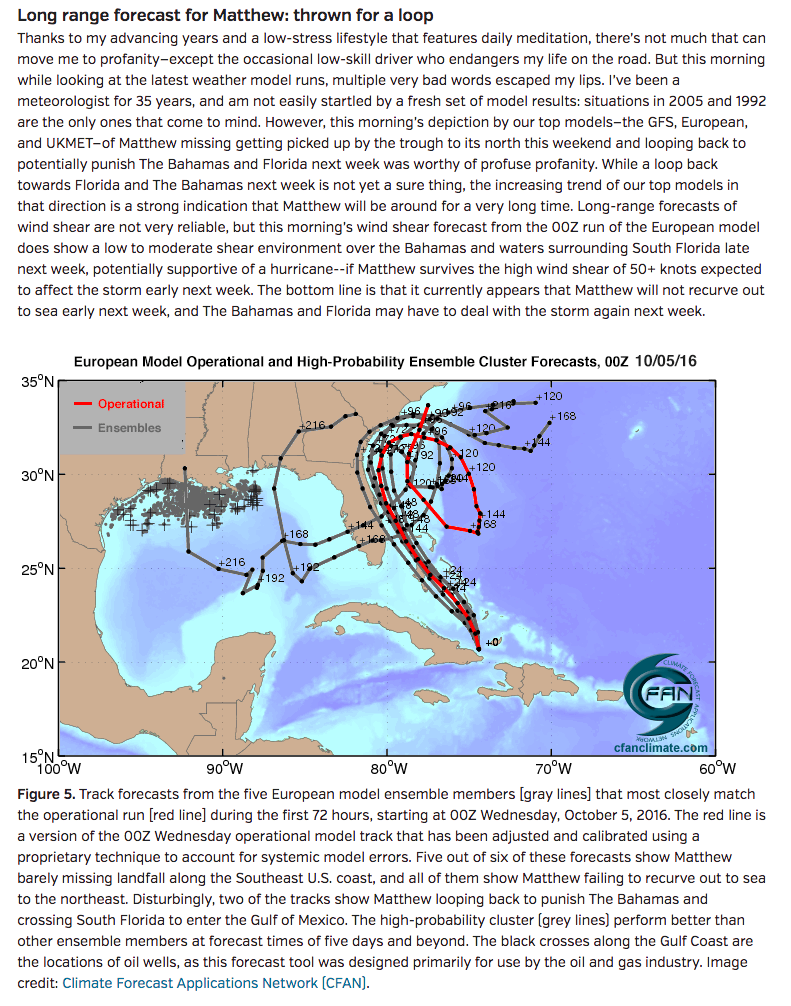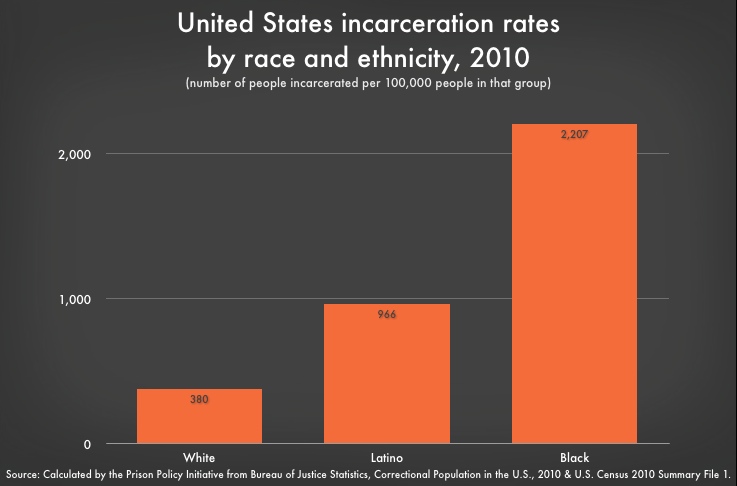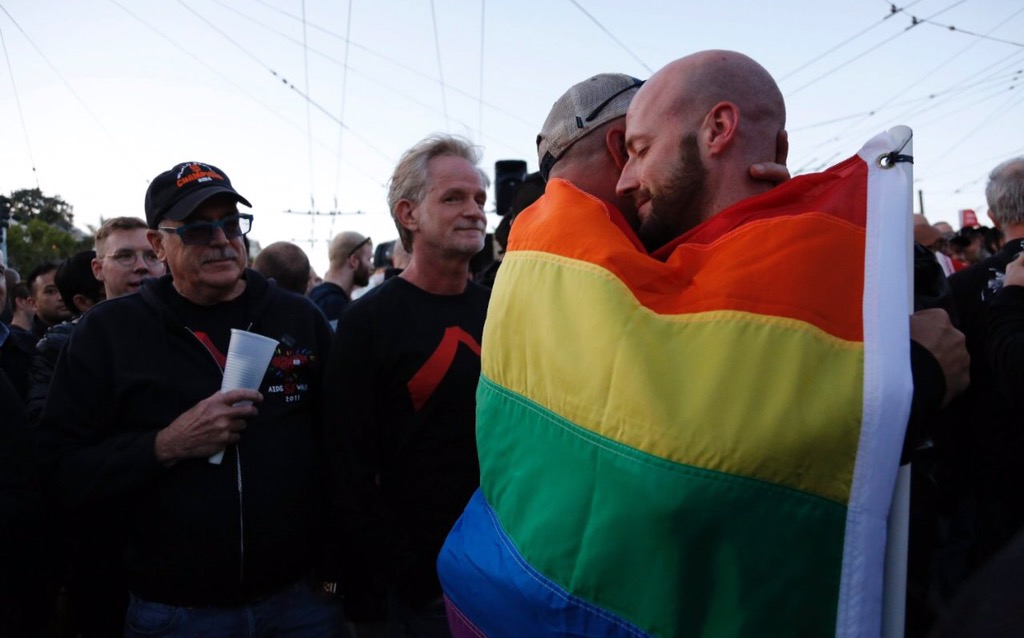We live in a democracy. It's not perfect, but we adhere to certain fundamental principles. Like this one: individuals are entitled, even encouraged, to hold widely divergent views. The vigourous debate of those views extends and enriches democratic life.
Unfortunately, we tend to avoid that kind of debate. Rather than engaging with opposing ideas, fighting our corners and reviewing our positions based on different points of view, many of our discussions about principles and philosophy take on a personal cast. This happens most often when we wish to divert attention from an argument that we find outrageous or unsettling. Instead of engaging with the divergent idea, we prefer very often to cast "shade". Our general response to such an argument is to tear down the arguer, rather than to dive into the discussion at hand.
As someone observed to me recently, "Bahamians love shade".
And so it works.
Here's how it works. Instead of thinking further about the issue, our focus slips to the person talking about the issue, and the more we can think of to discredit that person, the more we imagine the argument has been won.
There's another name for this method of discussion. Rhetoricians call it the ad hominem fallacy, and it's a way of not arguing at all.
Last weekend, Front Porch took me to task for a number of positions I've apparently taken regarding the Bahamian political process. Now I have no problem with being challenged in an intellectual fashion. As anyone who knows me well will tell you that I find good, old-fashioned debate exhilarating. At the same time, though, I find the refusal to debate ideas by choosing to discredit the person putting forward the ideas lazy, disingenuous, and weak.
(Notice what I just did there? I dismissed the ad hominem argument in an ad hominem way. Instead of showing what was wrong with it, I just described it, using a string of adjectives. But I didn't demonstrate why the ad hominem argument is weak or lazy. I just said that it was. At the end of the day, you believed me, or you didn't, but not because of any evidence. You believed me or you didn't probably because you like me, or you don't—or else you just took the adjectives on face value. Which you shouldn't, because adjectives are very slippery, lightweight words which, in an argument, all too often say more about the person using them than about the thing they're used to describe.)
But there's a better way to argue.
Let's have a look at what “Simon” appears to have disliked about my political stances. There were a number of issues that offended. Some of them have some history to them—statements I made before the 2012 election—and some of them have a measure of currency.
Specifically, they were:
Policy and political rallies;
The role of minority governments;
The role of representative governments;
The spoil the ballot campaign; and
The election of Bahamian Senators.
I'm going to deal with the first one, the one which stretches all the way back to 2012, in this post. I'll save the other four for another post. One which won't be quite so giddy. It'll probably be insipid instead.
Hyperbolic irresponsibility & woeful uninformation
So. Here's the first dismissal:
Before the last election, Bethel engaged in the sort of hyperbolic irresponsibility that one might expect from someone woefully uninformed. She noted that she heard nothing about policy at political rallies.
She was dead wrong.
Simon, Front Porch, "The Rituals of Democracy", April 13 2017,
emphasis added to highlight adjectival phrases
Let's see what I actually did say.
I have heard absolutely nothing from any party about what the future holds. The PLP has crafted some very general principles for the next few years, but these, when decoded, seem to amount to a reinstatement of what was in the works between 2002 and 2007 when they were in power. The FNM has focussed very much on vague generalities like “proven leadership” and “deliverance”, and what has been done, largely in material, infrastructural terms, in the very recent past ... The DNA speaks in broad terms, pushing the buttons that they feel gain them support, but not showing any real coherent ideology about which their philosophy has been crafted.
("Elections—and beyond", April 11, 2012)
According to “Simon”, both Christie and Ingraham contradicted these statements by offering "policy and programmatic ideas in a variety of areas." Well, OK. I'm going to guess Simon and I have different definitions of policy and programme, and we could agree to disagree—if that was all there was to it.
But that's not the issue at hand. “Simon” went further. Rather than focussing on the idea of political rallies, Simon chose to comment on my professional competence: "It was odd that as an anthropologist she could not, or refused to, understand the brilliance of the political rally as a ritual of democracy."
This extends the fallacy beyond the ad hominem attack into the realm of the strawman argument—because, had I been interested in the anthropological function of political rallies, I would have talked about it. For political rallies are, as “Simon” quite rightly says, an important part of political ritual. But important as rallies are, their function does not make much room for discussions of policy and programme.
Here's what “Simon” doesn't say about the anthropological approach to the ritual function served by the political rally. The ritual of the political rally uses revelry and fun to build bonds among potential supporters. When people allow themselves to be caught up in the euphoria of the moment, they engage in something anthropologists call communitas—a kind of group bonding that doesn't come from any objective similarity among the people involved or any objective coherence to what they are being told in the process, but from the collective activity they're participating in. In this situation, the action is what matters about the ritual, not the content. It engages humans at the level of the body, not the mind, and so what is said matters less than how it is said. Rhythmic speaking, call and response, catch phrases, bombastic delivery—these are what count.
In other words: had I been talking anthropologically, I would have said that the purpose of the political rally is not to offer or discuss policy or programmes. A good rally is like a party or a show; if policy or programmes are mentioned, they have to be offered in such a way that they don't break the mood. So I'll accept that Christie and Ingraham offered policy and programmatic ideas in 2012. I'm not so sure that anyone really heard them. If the rallies were successful (and they were), they were not supposed to.
My criticism was not of the lack of policy at political rallies. It related to the lack of vision anywhere in the 2012 campaign. The Plan and the Manifesto and the DNA's contract looked great to be sure, but that's not the kind of vision I was thinking about. Rather, I was looking for an articulation of the kind of Bahamas we would be living in in twenty or thirty years' time, and could not find it anywhere. I wasn't looking for it at the rallies. But I wanted something else—some online address by a party leader to outline and explain that party's vision of the future, some acknowledgement of where we were in 2012 and how we were going to change direction and move in a different one, even some recognition of the fact that we were now in a 21st century, digital world and analogue solutions were just not going to cut it anymore. And there was nothing. Nada. Except, perhaps, shuffles, sidestepping, and holograms.
As I'm being castigated not only for hyperbole but also for woeful uninformation, it might be worth looking at what else is contained in that same blog post in April 2012 from the perspective of April 2017 (the emphasis is added). If anyone is still doubtful about why, in this election, I am considering spoiling my ballot, here's what I said five years ago, almost to the day.
I’m preparing for five more years of struggle, no matter who wins or doesn’t win this election; for five more years of escalating violence in our society; for five more years of a contracting economy, traffic problems, and decreasing revenues. I’m preparing for five more years of governmental desperation, of prostitution of the country to the biggest donor (China seems to be the crowd favourite right now), of undereducation and of brain drain, no matter who wins.
("Elections—and beyond", April 11, 2012)
emphasis added to highlight the elementsthat maybe weren't quite so woefully uniformed
Five years later, those words seem almost prophetic. (They weren't; they were just the logical outcome of the lack of vision/policy/programmes that plagued the 2012 elections). Check back in a couple of days to find out more about my stellar and breathtaking ignorance. But for now, cheers.















